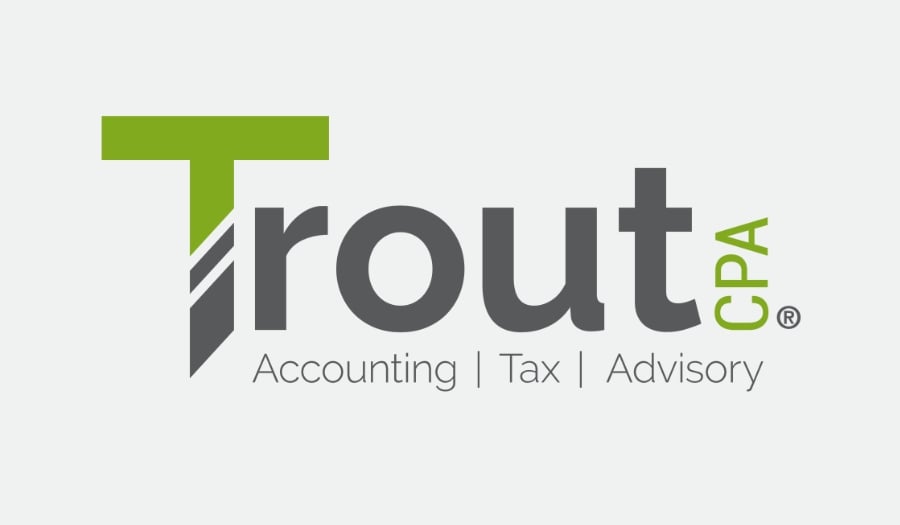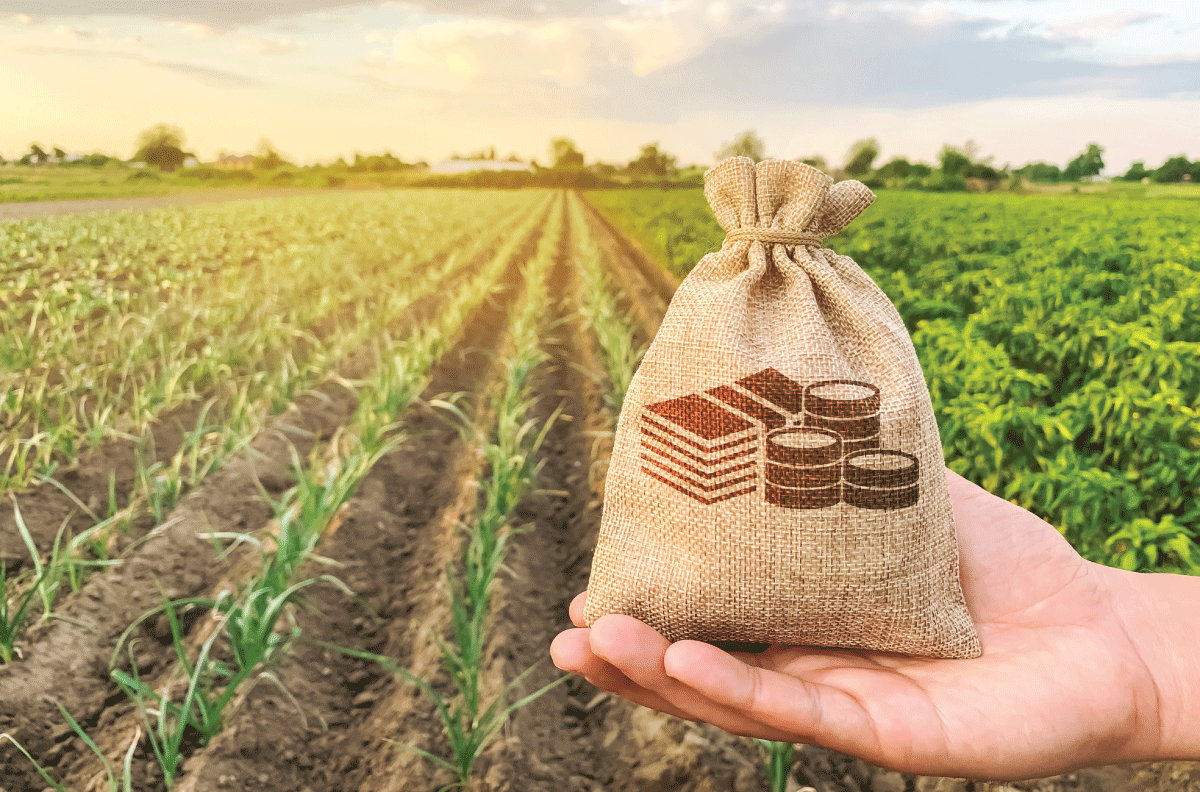Here, in Lancaster County, Pennsylvania, you can drive 30 minutes or less from the city and see beautiful farmland. Being originally from New Jersey and New York, my family of five would often pack in the minivan and just drive around Leola, Intercourse, and Gap. Maybe stop at a farm to get some fresh milk or fresh fruit. Even now, 20 years later, a lovely drive around the countryside provides spectacular views and a chance to decompress from the weekly grind.
One of the reasons you still see farms today around this area is the conservation efforts made by farmers and land trusts in the area. Land Trusts, or a government agency, depending on the area, will buy your "development rights" in the form of a conservation easement.
What is a conservation easement?
The land trusts will buy a conservation easement to be placed on the property. A conservation easement is an agreement between the landowner and the organization that restricts real estate development, commercial, industrial uses, and other activities depending on the farm. You are not selling your property, just your "development rights." These conservation easements are usually in perpetuity. So, if you were to sell your property, the restriction would carry on to the new owner, and if they sell, it will continue to carry on. Therefore, there will always be a restriction on the property.
How is the value of a conservation easement determined?
A qualified appraiser must be brought in to determine the conservation easement value. They will provide a report with the conservation easement's fair market value (FMV).
What is a bargain sale?
In most cases, you are dealing with a "bargain sale" transaction. In other words, you have sold your "development rights" for less than FMV. The difference between the FMV of the easement and the amount you got paid is the donation. For example, the FMV of your easement is $500,000; however, you are only paid $250,000 for it; therefore, the remaining would be your donation. If you receive the full value of the easement, then you do not have a charitable donation.
What am I reporting on my tax return?
You are reporting two things: A sale and a donation.
THE SALE:
The sale price of the conservation easement is the amount you received. So in the case of the previous example, the amount paid was $250,000. You are allowed to reduce the gain on the sale by any adjusted basis you have. You may have difficulty determining the basis of the "development rights" value. Usually, when you are separating your farm's assets, you separate the buildings and the land. You don't break out the land by development rights and land. Your tax advisor might have a good idea of how to determine what portion of the land should be allocated as a basis for this sale.
THE DONATION:
This is considered a Qualified Conservation Contribution.
From 2006-2014, you could:
- Take the donation up to 50% of your Adjusted Gross Income (AGI)
- Allowed qualifying farmers and ranchers to deduct up to 100% of their income; and
- Carry-forward up to 15 years.
How do your report on your tax return?
You will report this sale by using Form 8283 – Non-Cash Charitable Contributions, Section B – Donated property over $5,000.
In this form, you will report:
- The FMV of the easement
- The amount paid for the easement
- The donation value of the easement
The appraiser must also make a declaration on the Appraisal and must sign the form. Be careful not to wait too long to get them to sign the form. If it is more than six months, some appraisers will require a new appraisal to be done before they sign the form. So check with the land trust or the appraiser about the requirements.
After the appraiser has signed the form, it must then be signed by the Donee. That would be the Land Trust.
It is probably a good idea to complete this form right after settlement, but first, see your accountant to go over the form. Usually, they are familiar with the processes and will complete the form with all the necessary signatures. Then your accountant can keep the document to be ready to file with the tax return.
Several factors can affect your decision to agree to a conservation easement on your property, such as:
- Are the restrictions put on the property too much?
- How does the state treat conservation easements?
- How does this affect my estate?
- How does this affect my property taxes?
These are all valid questions, which may have different answers depending on the taxpayer's situation. Therefore, you should consider reviewing the documents with an attorney and/or accountant before signing.





